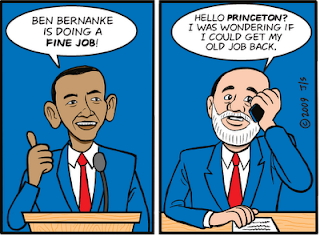One way to get your head around relative currency valuations is to look at what the same goods cost in New York, London, Tokyo, Beijing and elsewhere on the globe. So back in 1986, the Economist magazine created the now-famous "Big Mac Index," a tongue-in-cheek but surprisingly useful way of measuring purchasing power parity, or PPP. It became so popular that academics have written PhD dissertations on it, and it is cited in several introductory economics textbooks as well.
By comparing the cost of Big Macs — an identical item sold in about 120 countries — the Big Mac Index gives you an insight into the relative over- and undervaluation of the world's currencies compared to the U.S. dollar. It does so by calculating the exchange rate (the Big Mac PPP) that would result in Big Macs costing the same in the United States as they do in a particular foreign country.
Your assignment:
Given the following
Country
|
Price of Big Mac
|
Exchange Rate:$
|
Big Mac/Exchange
|
Over/Undervalued
|
USA
|
$4.79
|
$1 = $1
|
$4.79/1 = $4.79
|
Equal
|
Great Britain
|
2.89 GBP
|
$1 = .66 GBP
|
2.89/.66 =$4.37
|
Undervalued
|
|
|
|
|
|
|
|
|
|
|
|
|
|
|
|
|
|
|
|
|
|
|
|
|
|
First define Purchasing Power Parity. For 2 of the remaining rows, select one of the 120 countries
that sell Big Macs and determine if their currencies are overvalued or
undervalued versus the U.S. dollar. Be sure to fill in the rest of the row entries for your countries.Do not select a country that has already
been taken by one of your classmates. Why are your currencies appreciating or depreciating versus the dollar?
Since we are running out of countries, 6th period will look up the price of the KFC 2 piece value meal, $5.99 in the USA.

















